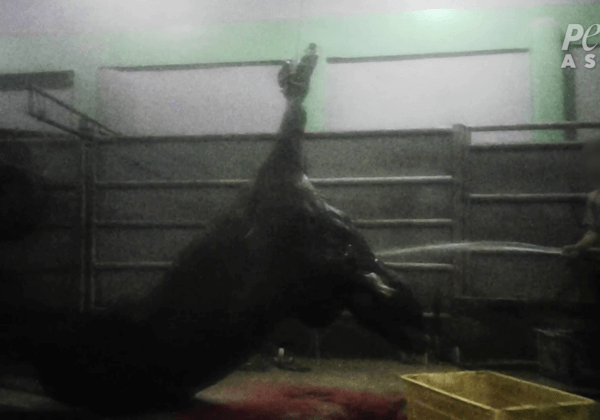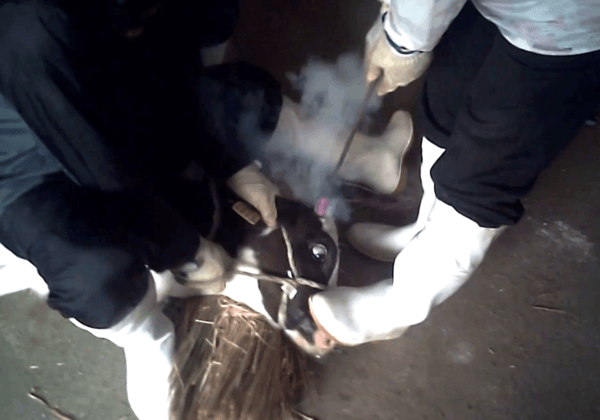Factory Farms in Asia Are Causing Global Pandemics
A new report by the international investment network FAIRR and the Asia Research & Engagement consultancy has concluded that factory farming in Asia is creating global health risks. The growing demand for meat means that pigs, chickens, and other animals are being raised on crowded, feces-ridden factory farms. Cramming tens of thousands of animals into filthy sheds and slaughtering them on killing floors that are contaminated with vomit, feces, and other bodily fluids allows diseases—including bird flu and MRSA—to flourish.
Factory farming in Asia creating global health risks, report warns https://t.co/Uy0qwxdsCZ
— The Guardian (@guardian) August 13, 2017
Antibiotics are routinely given to farmed animals in order to promote growth and prevent diseases, which are rampant on the filthy, severely crowded factory farms on which they’re forced to live. Some of the antibiotics that are given to animals are also used to treat infections in humans. Now, when humans get sick, these antibiotics don’t always work—the bacteria have become antibiotic-resistant because of their exposure to low doses of these antibiotics in farmed animals who were fed them.
Worldwide, animals consume more antibiotics than humans, and researchers suspect that in Asia, by 2030, the use of antibiotics in poultry and pig farms will increase by more than 120 percent.

As long as pigs, chickens, and other farmed animals are raised in squalor and given antibiotics to keep them alive just long enough to be slaughtered, superbugs will continue to spread and cause devastating illnesses in humans.

And since the consumption of meat, eggs, and dairy “products” increases one’s risk of developing heart disease, diabetes, cancer, and many other health problems, we’d all be better off eating vegan foods rather than animal-derived ones.
If you haven’t already taken PETA’s pledge to go vegan, please do so today.








